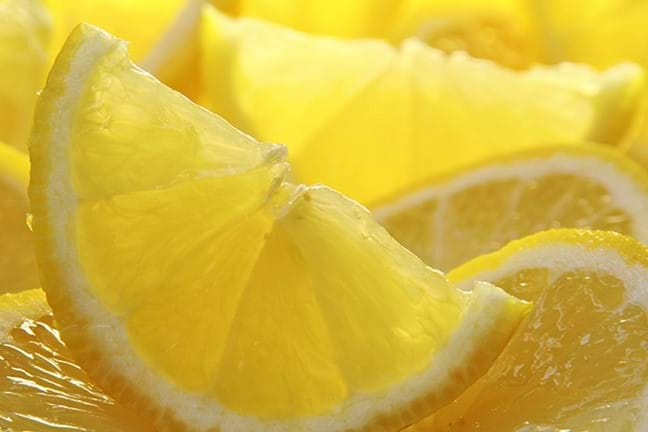There is some controversy surrounding Earl Grey tea and how it came to be named after Charles Grey, who was the British Prime Minister from 1830 – 1834.

There are stories that the tea recipe was created by accident, that it was blended as a symbol of gratitude to Earl Grey for one of his men saving a Chinese man's son or that it was to suit the quality of the water where Earl Grey used to live.
Whatever the real story, Earl Grey tea combines bergamot orange (Citrus bergamia) with black tea to give it its distinct flavour and aroma. Many modern day Earl Grey blends use bergamot flavouring or essential oil, however you can also make your own wonderfully fragrant Earl Grey tea using the intensely flavoured dried rinds of bergamot oranges.
So, if you're a lover of Earl Grey tea (or would like to make bergamot orange marmalade), then it's time to grow your own bergamot orange!
Bergamot orange trees are vigorous growers and can reach 5 m tall, though can be kept smaller by pruning. They're hardy trees that need well drained soil and a full sun position that receives at least 6 hours of sunshine a day.
The fruit, that has skin the colour of lemons or limes, ripens during winter and early spring and is very acidic. Its tart juice can be used as a replacement for lemons.
Growing Tips:
- When planting a new bergamot orange tree, or any citrus tree, improve the soil in the planting hole by mixing in some Yates Thrive Citrus & Fruit Organic Based Plant Food. It's a complete plant food that contains rich organic matter to improve the quality of the soil and is boosted with nutrients to help promote good early root growth.
- Water the new tree in well after planting.
- Reapply Yates Thrive Citrus & Fruit Organic Based Plant Food every eight weeks during the growing and fruiting seasons to encourage healthy leaf growth, a strong root system and lots of flowers and deliciously fragrant oranges.
Protecting citrus from fruit fly
As citrus like mandarins, oranges and lemons are developing, it's important to continue baiting for destructive fruit fly. Queensland and Mediterranean female fruit flies make a small hole in fruit and lay their eggs, and these eggs hatch into maggots which ruin fruit.
Together with good garden hygiene (which includes removing fallen fruit from the ground and destroying any fruit fly affected fruit) home gardeners can help protect their citrus fruit from fruit fly by baiting with Yates Nature's Way Fruit Fly Control.
Certified for use in organic gardens, it contains a protein and sugar bait which fruit flies can detect from several metres away and spinosad, an insecticide derived from naturally occurring soil bacteria which kills fruit flies.
Yates Nature's Way Fruit Fly Control should be applied as a band or spot spray onto the trunk or lower foliage of trees while the fruit are still small and before they have changed colour. There is no need to spray the actual fruit.
It's important to re-spray the plants each week (or sooner if there has been rain) to maintain effective protection.
Imperial mandarins
Mandarins are a vibrant and welcome sight during the cooler seasons. They're so handy to pop in a lunchbox or to have as an on-the-go healthy snack. Mandarins are little packages of juicy citrus goodness!
'Imperial' mandarins are one of the first mandarins to ripen, with harvest season starting in late autumn. They're easy to peel and don't have too many seeds.
Imperial mandarins will grow in all but the coldest areas and prefer a sunny location with well-drained soil. Grafted dwarf Imperial mandarins grow no taller than around 2 m, so are perfect for small backyards and can also be grown in a large container (a Yates Tuscan 400 mm pot is ideal) filled with good quality potting mix such as Yates Premium Potting Mix.
When planting a new mandarin tree into the ground, mix some Yates Dynamic Lifter Soil Improver & Plant Fertiliser into the bottom of the planting hole. Yates Dynamic Lifter Soil Improver & Plant Fertiliser improves the quality of the soil and supplies the newly planted mandarin with gentle, organic nutrients as it establishes.
Mandarins, like other citrus, are heavy feeders and require lots of nutrients to support all the foliage, flowers and developing fruit. From spring until the mandarins are harvested, feed each week with Yates Thrive Citrus Liquid Plant Food.
Sometimes mandarins will produce fruit only every second year (called biennial or alternate bearing). To help minimise this, remove some of the fruit when it's still small and green, which reduces the drain on the tree's energy reserves. And don't forget to feed, feed feed!




